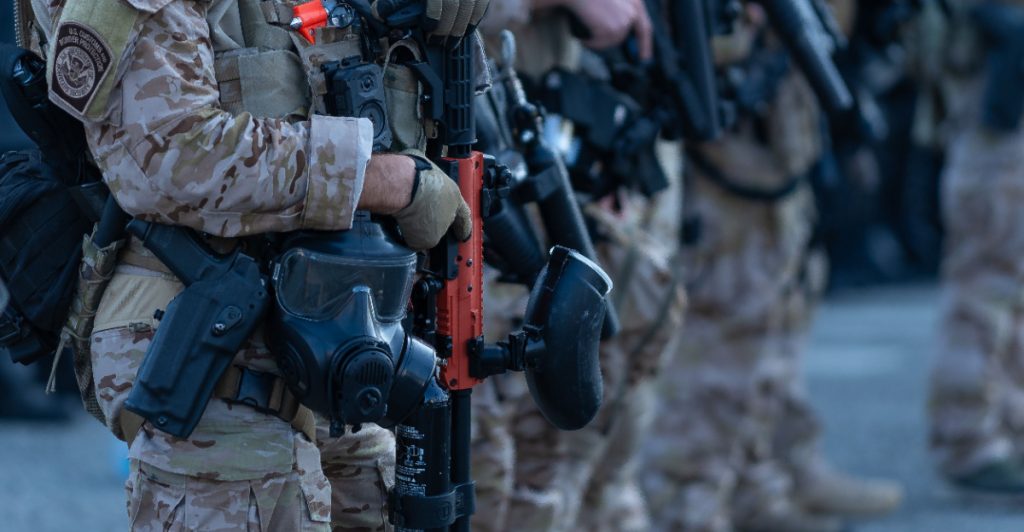Here’s what’s allowed, what’s not, and why critics are sounding the alarm.
Others are reading now
Over 2,200 National Guard troops have been deployed in the U.S. capital—this time carrying weapons.
Here’s what’s allowed, what’s not, and why critics are sounding the alarm.
Weapons Now Authorized
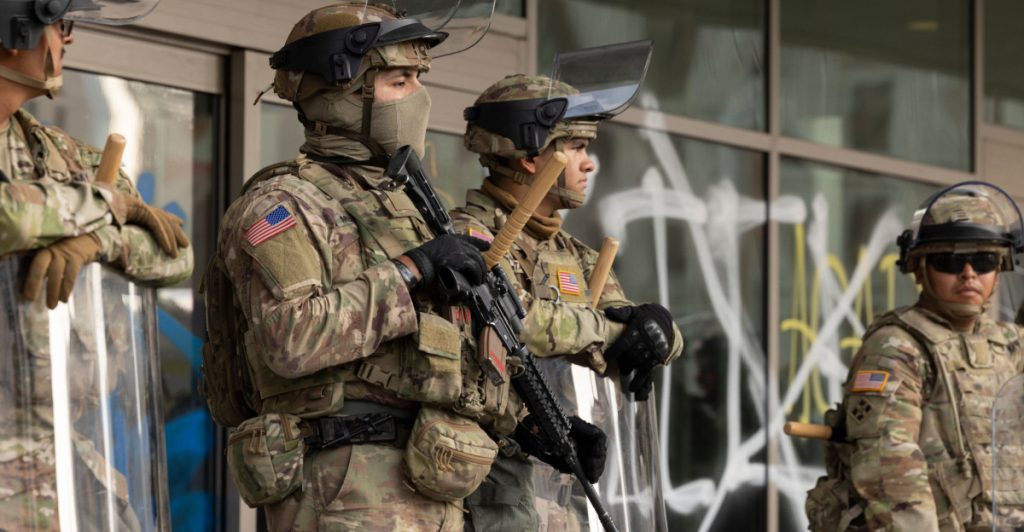
As of August 24, 2025, National Guard troops stationed in Washington, D.C., have begun patrolling the city while carrying service weapons, the U.S. military confirmed in a statement released Sunday.
The Joint Task Force Washington DC (JTF-DC), the unit overseeing the deployment, clarified that force may be used only “as a last resort and only in response to an imminent threat of death or serious bodily harm.”
While National Guard units have previously been deployed in various U.S. cities, it is rare for them to do so while armed, especially in the nation’s capital during peacetime.
Also read
Why Are Troops in D.C.?
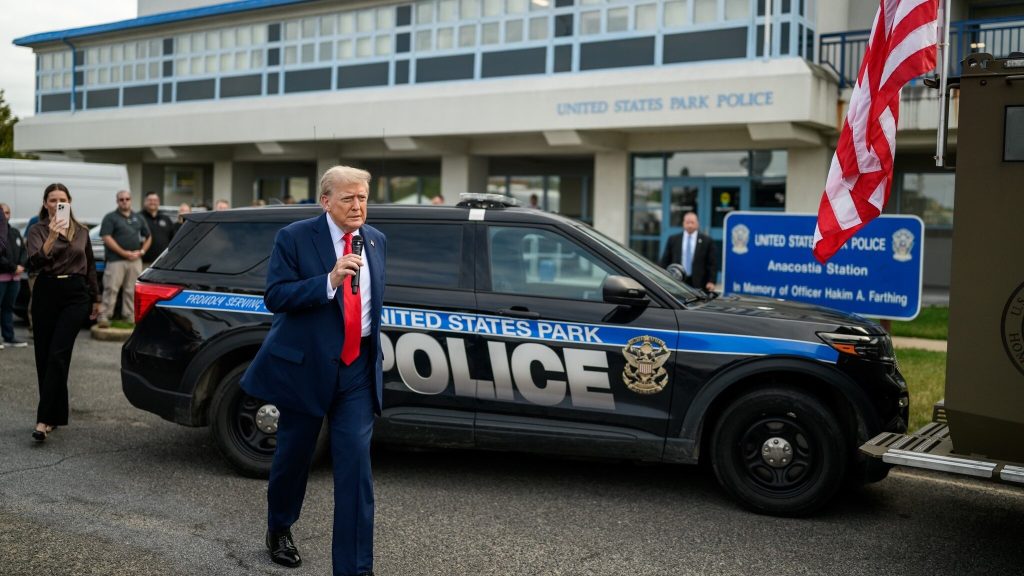
President Donald Trump has justified the deployment as necessary to combat what he describes as an explosion of gang violence and criminal activity in the capital.
“Washington is overrun by violent gangs,” Trump stated, calling the troop presence essential to “clean it up.”
The president has also repeatedly criticized D.C. Mayor Muriel Bowser, accusing her of covering up the real crime numbers.
“The numbers are false,” Trump said, threatening a full federal takeover of the city if local leaders “don’t get serious.”
What the Data Actually Says
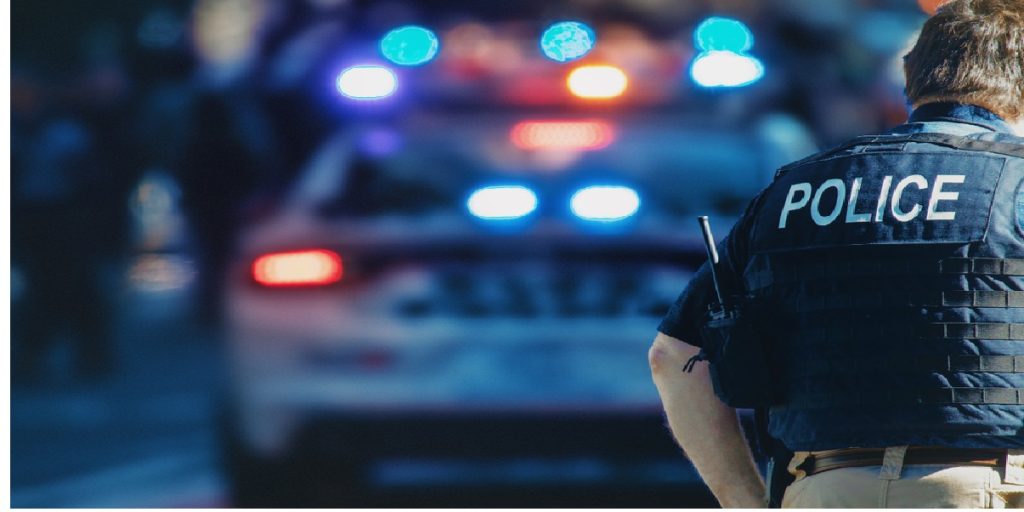
While Trump warns of surging violence, Washington’s own police statistics show a decline in violent crime from 2023 to 2024, following a post-pandemic rise. This was reported by Digi24.
Also read
Nonetheless, the troop deployment is underway and with unprecedented rules of engagement in a peacetime U.S. city.
Who’s Involved?
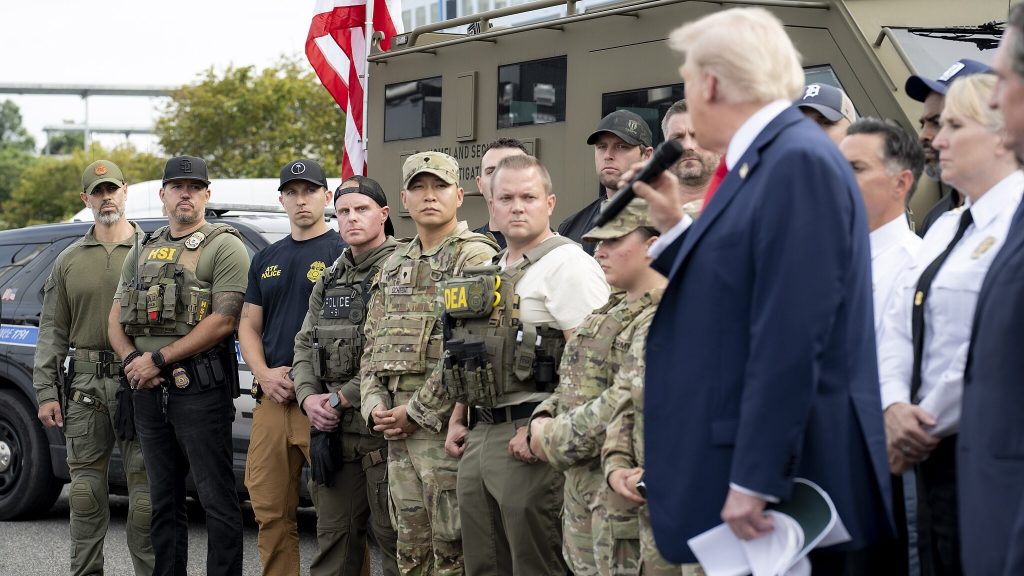
More than 2,200 National Guard reservists are now operating in the city, most of whom were sent from Republican-led states, including West Virginia, South Carolina, Ohio, Mississippi, Louisiana, and Tennessee.
In addition to the National Guard, federal agents from the FBI, ICE, and DEA have also been deployed to support the operation.
What Can the National Guard Legally Do?
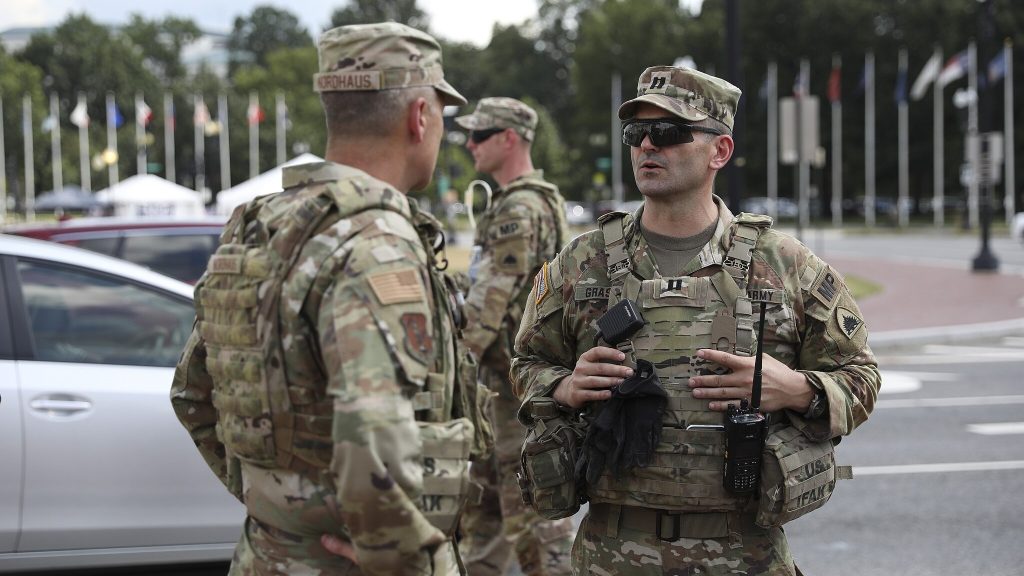
Ordinarily, National Guard troops cannot be used for law enforcement unless under specific emergency conditions.
According to U.S. law, they operate under the command of individual state governors, not the federal government unless federalized by presidential order.
Also read
They are also typically used during natural disasters or extreme emergencies, and not standard crime prevention.
Deploying them with weapons inside D.C., a city without statehood and therefore with unique federal oversight, adds a new layer of controversy.
Critics Raise Legal and Political Concerns

Civil liberties groups and some lawmakers have voiced concerns about the militarization of the capital.
Critics argue that armed troops with ambiguous missions risk intimidating residents and potentially overstepping their legal authority.
Moreover, the use of out-of-state troops in D.C.—without the same constraints as local law enforcement—has raised questions about accountability and political overreach.
Also read
What Happens Next?

The Pentagon has not given a timeline for the National Guard’s withdrawal, and the White House has not indicated whether the mission could expand.

